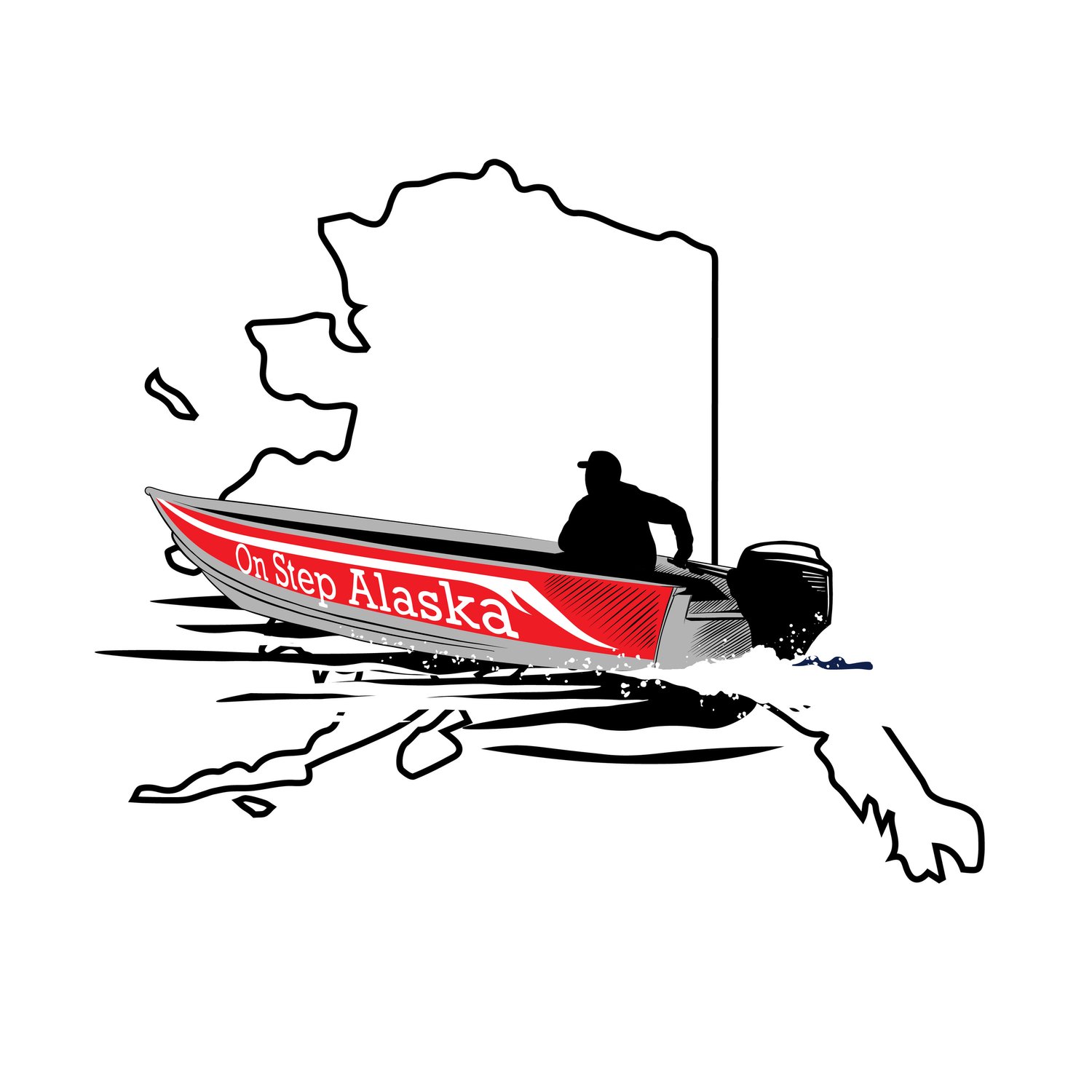Building your cabin
I am embarrassed to admit that I only recently read “One Man’s Wilderness,” the story of Dick Proenneke. Some stories are legendary and therefore become ubiquitous, especially among Alaskans, so I was familiar with the story, but hadn’t read the book.
It is even more embarrassing because I’ve read “The Final Frontiersman,” about Heimo Korth and his family, like to grapple with Thoreau who went to the woods to live deliberately, and I often cite Christopher McCandless as a cautionary tale of more than just naïve idealism. I am interested in this genre and just neglected to get my hands on the book until recently.
Whether it’s building a cabin or finding shelter in a bus, one story isn’t necessarily better than the other. If anything they illustrate a common use of the wilderness as a location to search for meaning, perspective, self-sufficiency and purpose.
Nature has historically been the setting for rites of passage in many Native cultures and contemporary society values the restorative value of time in the unplugged wild.
But it’s getting increasingly difficult to recreate historical methods.
Though Alaska is not short on space, it’s illegal to simply cut down trees and build a log cabin wherever you please. This is a good thing considering how people would pervert and exploit that permission should it exist today. The modern escape looks more like people trekking the Pacific Crest or Appalachian Trails, fly out hunts, or even calling a dive bar home for the summer you’re in Alaska as a seasonal worker.
To each his or her own.
While regulations regarding what we can and can’t do in the wilderness pose a bit of a hinderance, distraction is the more immediate threat. Today, a month without social media would be a greater feat, for many, than living in a remote cabin for the same duration. We have an incredible freedom and opportunity to ruminate on things like personal philosophy, yet we choose the trashiest forms of discourse and never find transformative perspective. Most of our needs are met so thoroughly we can go out of our way to find reasons to be unhappy, which then creates the need to get away.
Clarity comes in experience or the application of something read or after a story is told, not by watching a video then sharing it to your feed.

